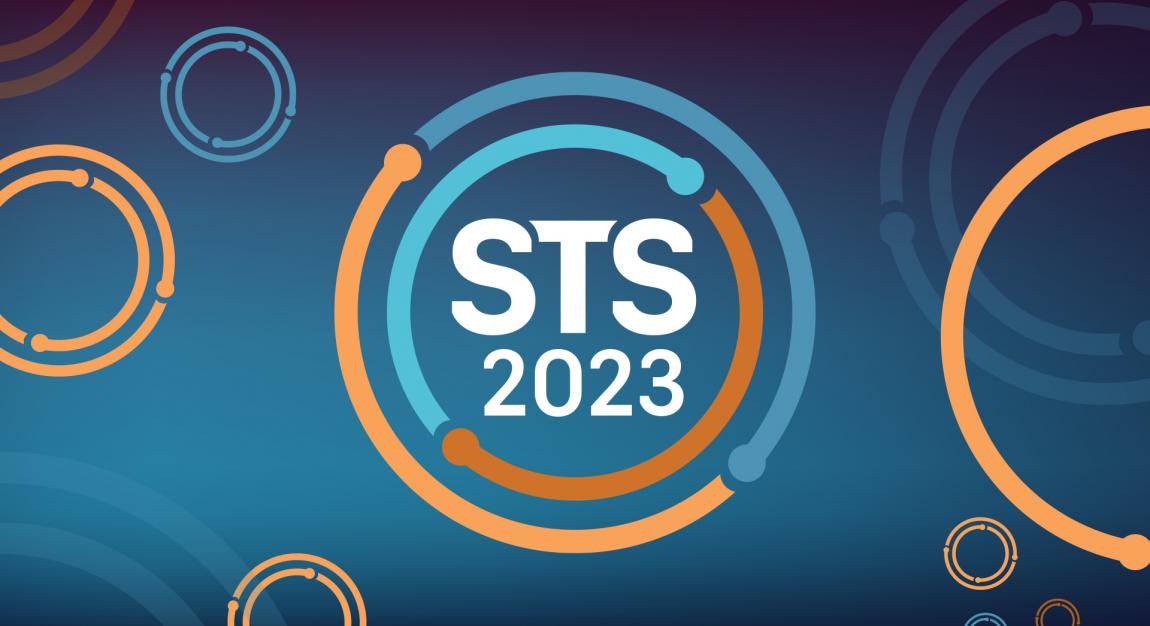STS 2023, SAN DIEGO—Frailty in patients has existed as a nebulous marker of a patient’s physiological ability to tolerate surgery, but a simple visual assessment at the bedside is not reliable. Surgeons at STS 2023 urged others to go beyond the “eyeball” test.
This issue is taking on increased importance as our large, Baby Boomer population and older patients reach a point when they may have severe disease and need cardiothoracic surgery.
Physicians have long believed that a measurement of frailty is useful, but agreement remains elusive on how to best measure it.
Armir Kiankhooy, MD, from Adventist Health in St. Helena, California, added that physicians’ implicit biases about age, obesity, and other characteristics may creep into and skew quick visual assessments, when in fact the assessment may be inaccurate. For instance, a higher level of frailty has been found in young adults than previously suspected, and frailty permeates all age groups.
Indicators of frailty can include malnutrition, cognitive and speech impairment, ambulatory ability, sarcopenia, and others.
“If you are not doing some kind of assessment for your patients in frailty or other vulnerabilities, you are probably only seeing half the risk in your patients,” said Rakesh Arora, MD, from University Hospitals in Cleveland, Ohio. “We need a more comprehensive plan. We need to know how quickly they will bounce back from the stress of surgery.”
Tools to assess frailty are increasing, and Dr. Arora recommended the Clinical Frailty Scale, a comprehensive assessment of 70 variables, but acknowledged that it may be too time- consuming for institutions with more limited resources. Instead, he advised that clinicians assess the frailty factors that are more manageable. These can include gait speed, chair rises, balance tests, and grip strength assessment for physical abilities, and potentially a Mini-COG test for memory loss and other indicators of cognition.
“If you do the chair rise test, some basic cognitive assessment, a baseline hemoglobin, and a baseline serum, that probably is just as good as a more comprehensive test,” Dr. Arora said.
All is not lost for patients with suboptimal frailty scores to undergo surgery. “Pre-habilitation” can help them improve their health through targeted exercise, nutrition and assistance with psychosocial issues and better prepare them for the OR.
